Private transit is killing not only the environment, but you. As a society, the onus is on us to respect not just the physical environment around us, but additionally the social and emotional state that our people find themselves in: this is largely shaped by urban design decisions.
Cars have been a scourge of our urban spaces since long ago, with the release of the Ford Company’s Model T all the way back in 1908, 115 years ago.
Since, quality of life as a walking citizen has significantly worsened to the point of outright danger being placed upon oneself during concerningly large portions of time spent navigating the city. This effect is especially potent in Aotearoa, Australia, and the Americas. Ted Kaczynski, in his manifesto Industrial Society and Its Future, cited this as a prime example of modern technologies negatively affecting even those who choose not to utilise them.
A point that demonstrates this, according to The Automobile Shapes The City by Martin V. Melosi, is that one entire half of a modern American city’s land area is dedicated to streets/roads, parking infrastructure, petrol stations, driveways, and car dealerships (among other car-oriented infrastructure/business.)
In the West, pedestrians find themselves but an afterthought in the mind of modern society’s urban planners.
An afterthought in the very city they live in.
The masses’ adoption of the private automobile and its consequences have been a disaster for our natural environment.
With 75% of Kiwis driving daily in 2016, the automobile has become a staple enemy of nature, and one that is ever-increasingly difficult to defeat. The common person finds themselves entirely unwilling to ditch their comfortable lifestyle of utilising near exclusively private transport options, despite the environmentally destructive nature of cars being common knowledge to everyone in this day and age.
According once again to Martin V. Melosi, in his article The Automobile and the Environment in American History, emissions from the automobile’s internal combustion engine have proved to be the one most significant environmental impact of oil production.
Also important is the damage caused during the production of cars. Mark Foster estimated that one third of environmental damage caused by automobiles was caused during the production process, before they even hit the road. According to him, the production of a single car produced 29 tons of waste, and 1207 million cubic yards of polluted air.
Yet still, the consumer continues to purchase new cars, worsening the problem, as today most people have been rendered wholely dependent on the technology if they so wish as to participate in society.
This stems from the mass car dependency imposed on people over the past hundred years. A huge portion of our population live and work/learn in separate areas that are rendered entirely incompatible given only the option of public transit by the importance placed on cars in our urban areas, with cars taking priority over trams, buses, bikes, and people en masse.
The rise of the car has been the most significant deficit to our people’s social lives, especially in the earlier stages of life.
Forming interpersonal connections has become an infinitely rarer occurrence as more and more people are reliant on cars. The reshaping of our urban centres to accommodate cars has, in many areas, utterly destroyed the idea of a “third place” where one may spend time neither working nor living, but instead simply existing alongside those who live around oneself, with no regard to walk of life or social class. This issue is highlighted by the statistic of 24% of people aged 15 or older reporting feeling “very or fairly lonely”, according to a 2023 CNN article.
My favourite example of third place erasure is the idea of the pub/bar. Since the introduction of the car, they have become a significantly worse element of our city. This stems from the transport connection people use to actually arrive at the pub being the car.
The US Department of Transportation’s National Highway Traffic Safety Administration reports that in the US alone, 13,384 people died from drunk-driving crashes in 2021, and that 37 people die in drunk driving crashes each day.
Our people are largely restricted to forming personal connections in academic or workplace related contexts, instead of these being allowed to naturally form in the third place. This promotes segregation of people as they are limited to interacting only with those on a similar trajectory in life and in a similar economic status as them. This further affects children as their access to third places is ruined further–The reliance on the car means they are much less free to personal locomotion than adults, due to only those above 16 being allowed to drive.
For minors living in car dependent suburban or rural areas, their only opportunity to connect with the outside world is governed by whether their caregivers can be bothered to drive them somewhere.
The loneliness pandemic can be greatly attributed to the automobile’s rapid deterioration of our cities.
Solving car dependency is possible, but will take time.
A common effective way to see positive, thoroughly thought out solutions in this context is to update our road/street design principles to be appropriate today, and have these changes slowly take place as roads are resurfaced and redesigned for years to come. This is effective to prevent awkward transition periods similar to the one that has happened in Paris.
Since 2023, the Paris Bike Boom has seen mass amounts of bicycle infrastructure being implemented in the city, in a short amount of time. This has been a great improvement for bicycle users. However, at the same time, many bicycle users hold the criticism of certain areas still being just as bad as ever, as the urban environment has not had the time to change in all facets.
Our new government proves useless in applying the only practical method of moving our cities' populations away from car dependency. This is to simply make the alternative--light rail, bus usage, cycling, just fucking walking--more appealing than driving. To do this, cities across the world introduce low or free public transit fares, quality of life improvements in train stations (See my post on platform screen doors), better stations in general, higher frequency bus and rail services, nicer urban areas, reintroduction of third places, car-free streets--I could go on and on.
Instead, Simeon Brown of the National party has doubled bus/train fares in many areas, axed youth transit concessions, is against speed bumps for some reason???, and a lot more other shit:
Greater Auckland article on the 2024 NLTPChanging the public’s view on transport only comes with implementing better public transit, as with that comes the realisation from the people that public transport brings a much more pleasant way of living in the city. Even Amsterdam, the leading example for car-free living, had heavy pushback from locals against transit changes when they were car dependent. This will be difficult in New Zealand, as we are the number one country with the most cars per capita, followed by Australia and Italy. However, it'd work if we ever got a government with enough political willpower to push through this and fix our streets. Whether we ever will is a mystery--National is surely the polar opposite of what we need right now.
As more people learn about the negatives of car dependency, we may see more change from those above. Whether the level of change seen in Europe is possible in the Americas and Oceania remains up to debate.

Below, you can find links to some stuff.
Blog Home Videos Music About